Dill - harmfull to Bell Peppers?
steveinjersey
10 years ago
Related Stories
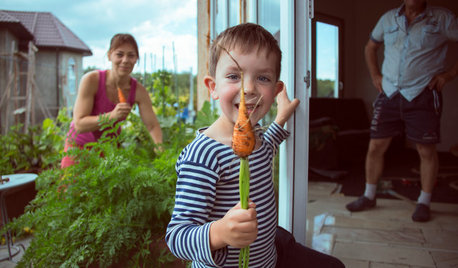
GARDENING AND LANDSCAPINGWorld of Design: 10 Home Gardeners Show Us Their Sweet Summer Harvests
From New York to Tokyo, these gardeners have turned their yards, terraces and rooftops into places of bounty
Full Story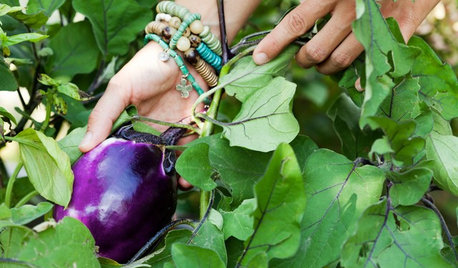
EDIBLE GARDENSHouzz Call: What Did You Grow This Summer?
Let’s celebrate the homegrown fruits and vegetables of the season. Post your pictures and tell us about your harvest
Full Story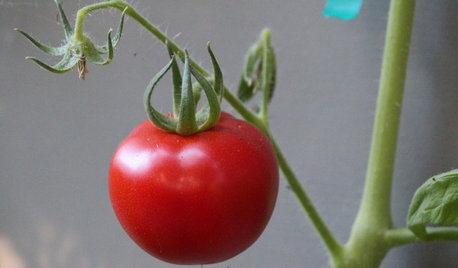
FARM YOUR YARDIf You Have Room for Only One Summer Crop ...
Get an edible that’s long on flavor even if you’re short on space, with a long-time gardener’s favorite picks
Full Story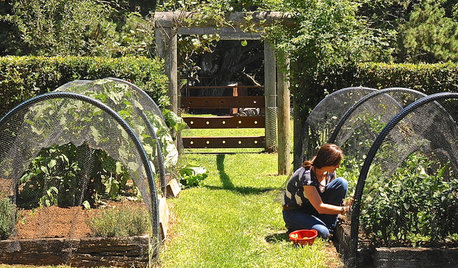
FARM YOUR YARDHouzz Call: Home Farmers, Show Us Your Edible Gardens
We want to see where your tomatoes, summer squashes and beautiful berries are growing this summer
Full Story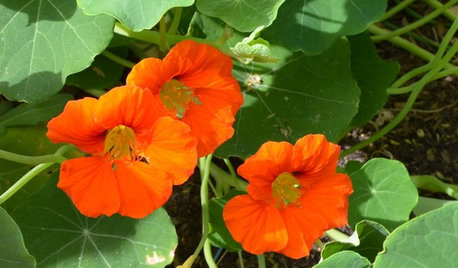
CONTAINER GARDENS7 Deer-Resistant Flowers for Your Summer Containers
Grow these as protection for edibles or just for their colorful beauty — deer might not like them, but everyone else will
Full Story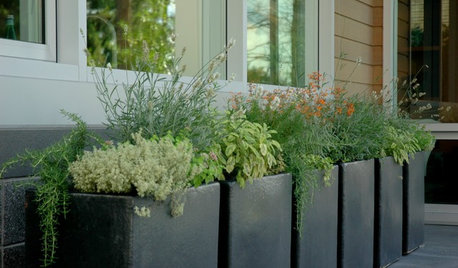
GARDENING AND LANDSCAPINGUnexpected Edible Gardens
How to grow your own herbs and vegetables almost anywhere
Full Story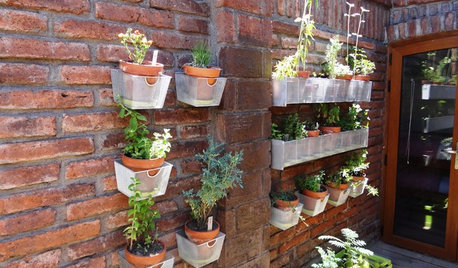
EDIBLE GARDENSHouzz Call: Where Are the Craziest Places You Grow Edibles?
Basil in a bathtub, spinach stacked up a wall ... If your edibles occupy an odd spot, we’d like to know
Full Story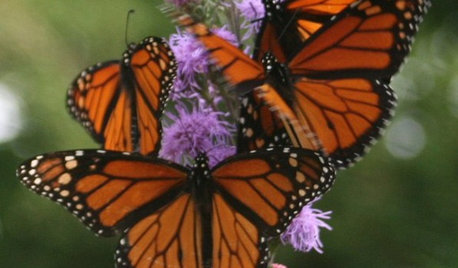
GARDENING FOR BUTTERFLIESButterfly Gardening: Delight the Eyes With Living Sculptures
Surprise and thrill with a garden that attracts magical winged creatures, bringing color, movement and life
Full Story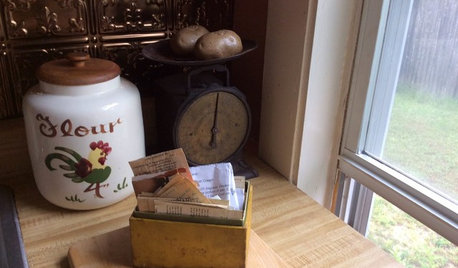
KITCHEN DESIGN5 Home Cooks Share Their Favorite Family Recipes
Peek inside the kitchens of these Houzz users and learn how to cook their time-tested, passed-down dishes
Full Story
COTTAGE STYLEMy Houzz: Creativity Flows in a New Hampshire Cottage
Simplicity and natural surroundings provide inspiration for an artist’s work and for her home’s peaceful, pretty interiors
Full Story





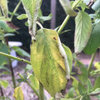
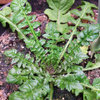
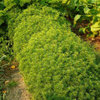
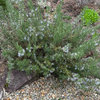
florauk
chervil2
Related Professionals
East Rancho Dominguez Landscape Architects & Landscape Designers · Essex Landscape Architects & Landscape Designers · Saint Louis Park Landscape Architects & Landscape Designers · Springfield Landscape Contractors · Alpharetta Landscape Contractors · Framingham Landscape Contractors · Kerman Landscape Contractors · Ridgewood Landscape Contractors · Teaneck Landscape Contractors · The Woodlands Landscape Contractors · Tigard Landscape Contractors · Charleston Roofing & Gutters · Norridge Roofing & Gutters · North Hollywood Roofing & Gutters · Wilton Manors Roofing & Gutterstishtoshnm Zone 6/NM
florauk
tishtoshnm Zone 6/NM
florauk
tishtoshnm Zone 6/NM